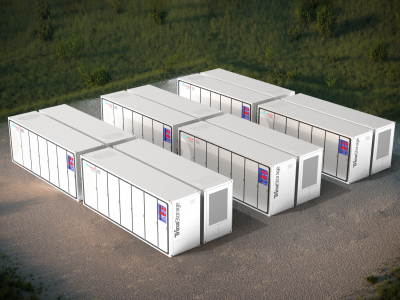Could South Africa be an important energy storage market in the making?
A change in president could signal a new era for energy storage in South Africa. New leader Cyril Ramaphosa is expected to restart a previously held back renewable energy programme and provide a more friendly environment to wary foreign investors.
Previous leader Zuma was forced to resign under the mounting pressure of corruption allegations involving state-owned electricity company Eskom. The resulting scandal had caused local renewable energy developers selected for South Africa’s Renewable Energy Independent Power Producers Procurement Program (REIPPPP) to be stuck in limbo. Eskom’s financial troubles, now out in the open, mean it has set aside plans for new nuclear facilities and will focus on renewable sources for future generation.
A boost in renewables naturally increases the demand for energy storage. However, at current levels of grid penetration the grid is not yet feeling the stress, and adoption could be delayed. The fact that 85% of South Africans are powered by the grid, unlike many other African nations, lowers the urgency of adoption.
Residential consumers, however, are looking to become more energy secure. Blackouts have been a frequent problem across the country and richer households have invested in battery storage. The commercial and industrial (C&I) sector are also looking to protect themselves from power outages. Electricity infrastructure in its current state is not able to meet demand.
The South African market is not only bright for battery storage. South Africa has the world’s greatest capacity of molten salt storage. Concentrated solar power (CSP) plants, built under the REIPPPP, have been developed with molten salt thermal storage attached. Four such plants currently exist, with megawatt-scale solar generating output and some with gigawatt-hours of thermal storage capacity.
The path for outside developers has not yet been established. The change in leadership, however, turns a new page in South Africa’s way of governance and managing its finances – a page that is favourable to clean energy and energy storage.
If you want to know more about this and other topics directly from end users of energy storage technologies join us at one of these annual events: The Energy Storage World Forum (Grid Scale Applications), or The Residential Energy Storage Forum, or one of our Training Courses.




